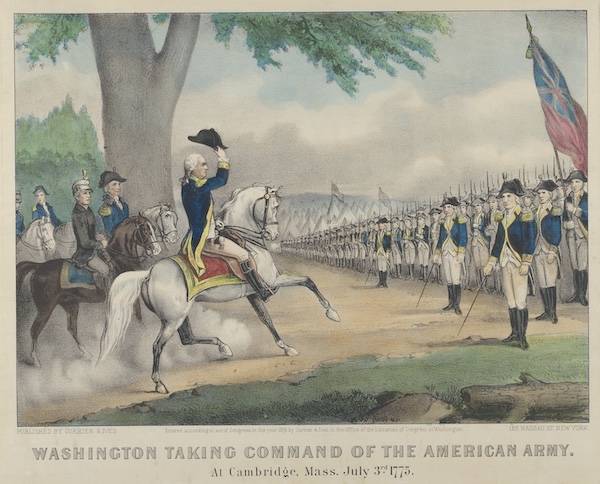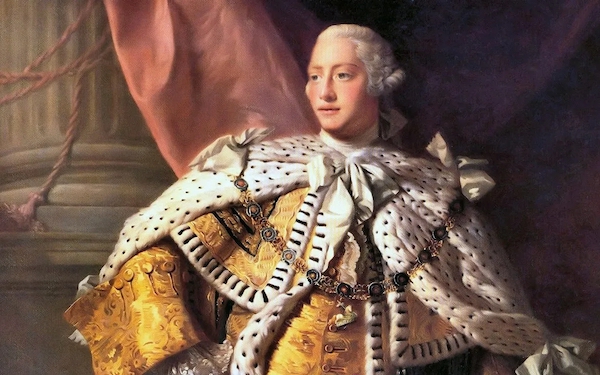This Day in History

 In July 1775, the Second Continental Congress continued to grapple with the escalating conflict with Great Britain, taking key actions like creating the Continental Army and adopting the Olive Branch Petition. George Washington officially took command of the Continental Army on July 3rd. The Congress also approved a Declaration of Causes outlining the reasons for taking up arms.
In July 1775, the Second Continental Congress continued to grapple with the escalating conflict with Great Britain, taking key actions like creating the Continental Army and adopting the Olive Branch Petition. George Washington officially took command of the Continental Army on July 3rd. The Congress also approved a Declaration of Causes outlining the reasons for taking up arms.
Here’s a more detailed look at the events of July 1775:
July 3rd – George Washington formally took command of the Continental Army in Cambridge, Massachusetts.
July 5th – The Second Continental Congress adopted the Olive Branch Petition, a document appealing to King George III for reconciliation.
July 6th – The Continental Congress approved the Declaration of Causes and Necessity of Taking Up Arms, explaining the colonists’ reasons for fighting.
July 26th – The Continental Congress established the United States Post Office, with Benjamin Franklin as Postmaster General.
In August 1775
King George III declared the American colonies to be in a state of open and avowed rebellion against Great Britain. This proclamation, issued on August 23rd, came in response to the growing tensions and armed conflict between the colonies and the British, including the recent Battle of Bunker Hill. The declaration signaled a significant escalation in the conflict, effectively marking the start of the American Revolutionary War.

King George’s Proclamation:
The proclamation, officially titled “A Proclamation for Suppressing Rebellion and Sedition,” declared the colonies in a state of rebellion and authorized the use of military force to suppress it.
The proclamation was a direct response to the Olive Branch Petition, a document sent by the Continental Congress seeking reconciliation with Britain. However, news of the Battle of Bunker Hill and intercepted correspondence from John Adams suggesting the petition was insincere reached the British government, prompting the King’s declaration.
The proclamation had significant consequences, including: Justification for increased military action against the colonies, punishment for British citizens found to be supporting the American cause, and a shift in public opinion in the colonies, pushing many toward independence.
Other Events:
George Washington was establishing a naval force to combat British ships.
Congress continued to develop plans for a navy and aggressive action against British shipping.
The Continental Congress also appointed commissioners to create peace treaties with Native American tribes.